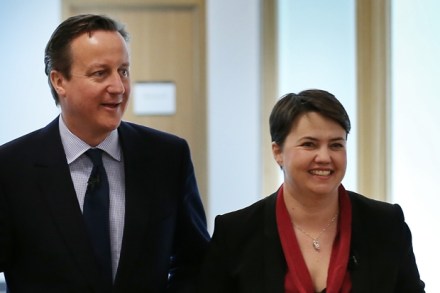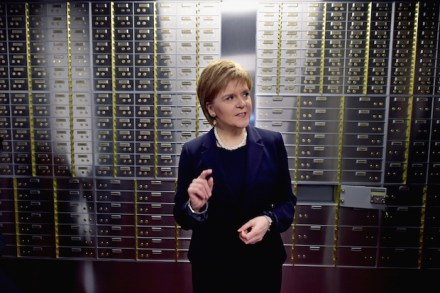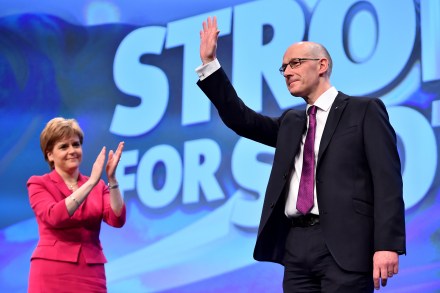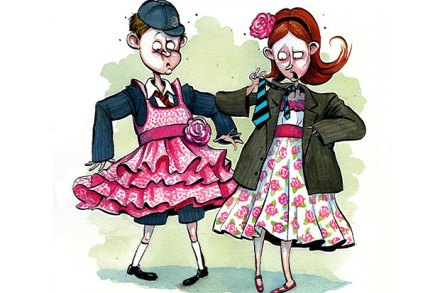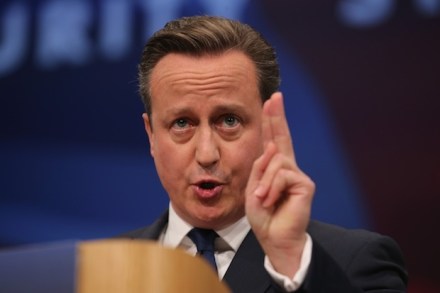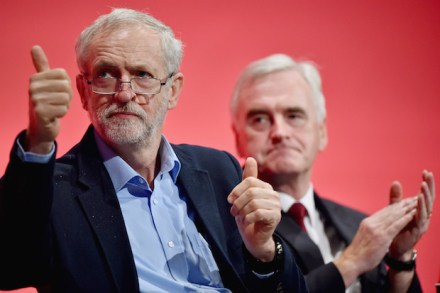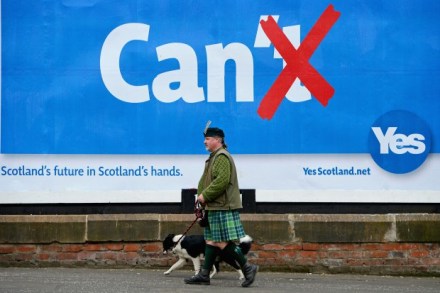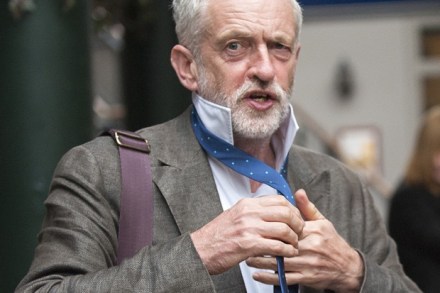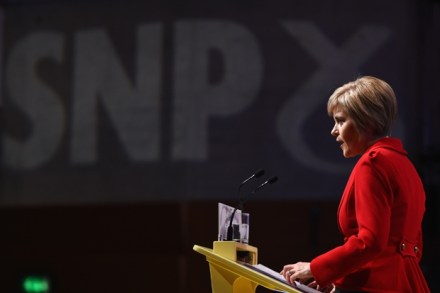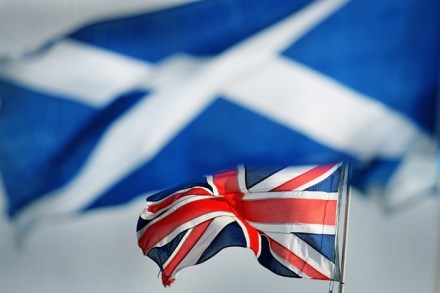Will Ruth Davidson’s ski-doo stunts pay off at the ballot box?
Just a few days into the official campaign for the Holyrood elections and Ruth Davidson has had to change her tactics. The plan had originally been for the Scottish Conservatives to run a serious campaign which has fewer tanks than the election campaign, and more serious speeches. ‘We tried that whole idea of you know we’re going to do this really stripped down, just speeches, and just like listening to people bla bla bla,’ says Davidson. ‘And then kind of all the press went this is really boring and we went, yeah, it kind of is.’ And so Davidson has been playing ice hockey, racing blue and red cars, and





